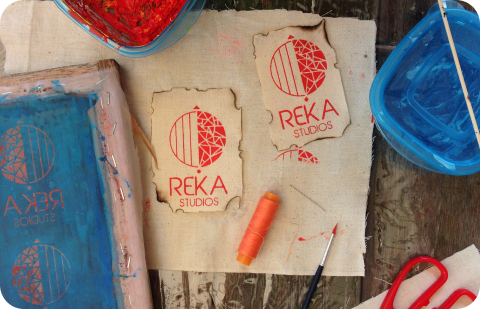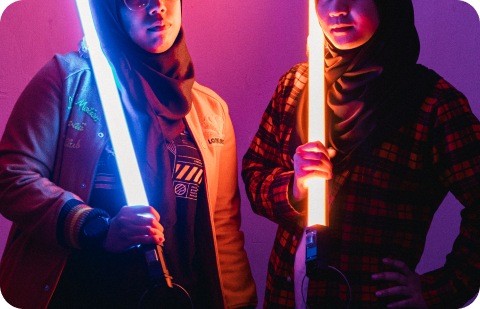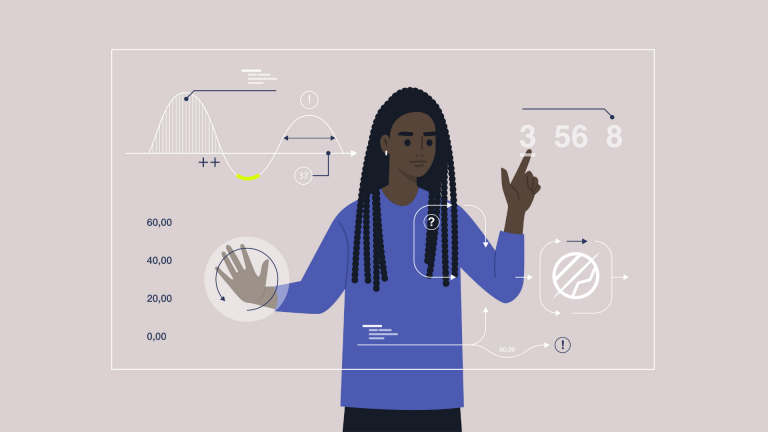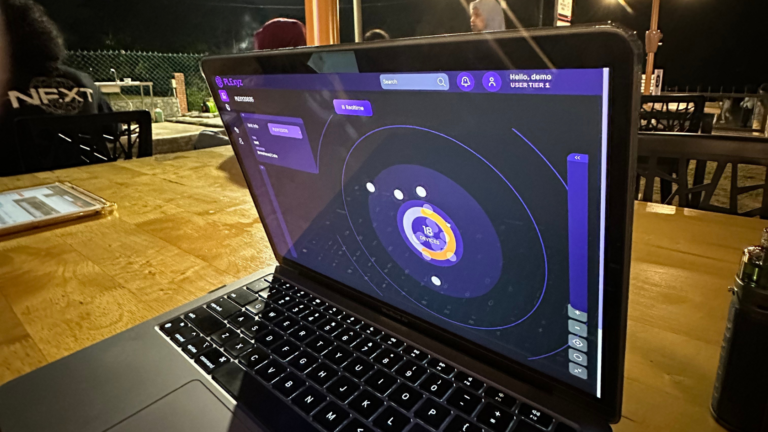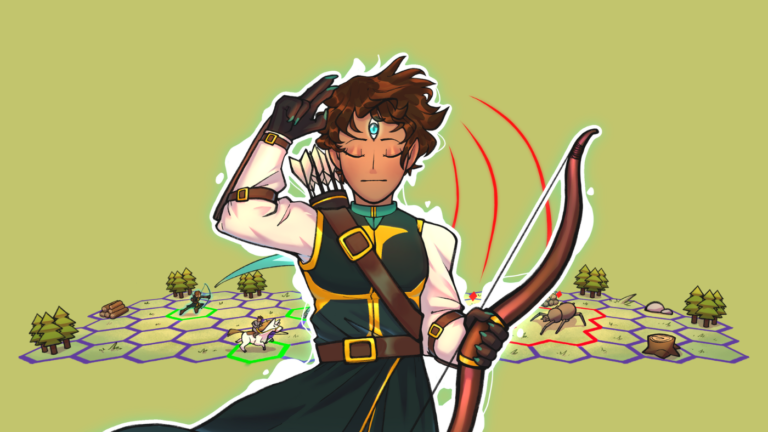by Ridzwan Razalee
Are the Recent Advancements in Technology Helpful to Society?
Technology is a vast subject as it can refer to something as simple as stone tools, electronic machines, and even as complex as genetic engineering. However, no matter how simple or complex the technology, it was always primarily meant to improve the quality of life for people. Some of the earlier uses of technology are ones that created the industrial farming revolution.

The agricultural revolution has evolved humankind from a hunter-gatherer society to a more homebody community. This shift created a more urban lifestyle for people and led us to where we are today.
We have come a long way since that first agricultural revolution a few thousand years ago. Tools such as the wheelbarrows, scraper tools and axes made it possible for them to harvest crops on a massive scale. Today, we have progressed with robots monitoring and collecting produce from a particular harvest.
It is astounding to look at how far we have come as a civilization. What will the future bring? In five years, ten years, or even twenty? Only imagination is our limit. Technology continues to grow at high speed, and like our ancestors, it is hard to keep up.

As we move closer to a seemingly utopian future, it is wise for us to take a moment and ponder on this motion. Technological advancement will create a society that will be more autonomous, increasing efficiency, productivity and convenience at a scale higher than it already is.
Questions need to be asked not just for us but for the future generation that will only know this future. Who is all this advancement serving? Is it the whole of humanity? Are these tools liberating us or imprisoning us? And if so, how is this the case? Let’s delve into how technology and humanity can go hand in hand.
Who is technology serving?
 It seems like an obvious question. However, how many of us are allowed the time to process how new technology has impacted our daily lives?
It seems like an obvious question. However, how many of us are allowed the time to process how new technology has impacted our daily lives?
The straightforward answer is that technology serves us, humanity, to improve the quality of life. Many have laboured to make this a reality and succeeded in great heights. Public transportation, communication, navigational tools, and business transactions have reached a state many dreamed of just over a decade ago.
People live healthier lives, are given more opportunities, and things are more accessible by the day.
There is no denying just how much the tools we have today have contributed to many of us living a more than comfortable life. But let us look into this a bit deeper.
What does it mean to have better lives? Perhaps it is easier to look at this definition by breaking it down into a few categories:
1) Efficiency and productivity.
 As mentioned earlier, this is something technology has truly helped us achieve in spectacular ways. Heart rate monitoring through smartwatches, automated customer services for businesses, car-hailing apps, and instant communication tools are just some of the tools we have access to daily.
As mentioned earlier, this is something technology has truly helped us achieve in spectacular ways. Heart rate monitoring through smartwatches, automated customer services for businesses, car-hailing apps, and instant communication tools are just some of the tools we have access to daily.
What was once a luxury has become the everyday man’s tool, making so many things more efficient while increasing productivity. So, technology has done a great job in fulfilling these criteria.
2) Higher access to opportunities.
The current economic system where more gig economies are made available for many is a direct impact of technological advancement. So many can start a business or work from home due to the technology we have at hand, making it possible to organize projects remotely.
People in the Southeast Asian region can get a project based a million miles away from home and get paid for it while still in their country. How amazing is that?
3) Better connection with fellow human beings.
The subject of connection with others can be a bit contentious. With the Internet and Social Media culture emerging not too long ago, many were hopeful of its prospect. It seems that people globally would be able to connect, thus finally creating unity, diversity and oneness in humanity.

Somehow, polls have suggested people are more divided than ever. From political, racial, and beliefs standpoints, the divisiveness should be mind-boggling if one considers the tools we have available. Social media platforms especially are under constant attack for having caused this tension while claiming to be doing the opposite.
4) Happier lives.
 Better lives should mean happier lives. In theory, this two seem to should have a direct co-relation. It’s easier to send a letter or work documents, and calling loved ones is a click away. How could one not be happy with so much convenience?
Better lives should mean happier lives. In theory, this two seem to should have a direct co-relation. It’s easier to send a letter or work documents, and calling loved ones is a click away. How could one not be happy with so much convenience?
It turns out that it is highly likely we are still unhappy despite all these advancements. Let’s take writing a letter as one example. Although it’s easier than ever to write and send one, do people do it often? And if they do, is it meaningful and well thought out?
It may have taken a lot more effort in the postal days to write letters, but they had more meaning and weight. Due to the effort needed to make one, people would craft and receive fewer letters in their lives. The rarity makes it more valuable.
Not only that, with the hundreds of emails flooding people’s inboxes today, many are too overwhelmed by this. A machine can work tirelessly for hours. Human beings are still limited.
Moral consciousness and technology. Is it an obligation?
So, technological advancements seem to offer us the good, the bad and the grey. But does it have to be like this? Or do we owe a moral consciousness to technological advancement?

A question people have pondered since Prometheus. When the Greek Titan stole fire for men, he set them up on two paths. One of construction or destruction. So, should we have moral authorities to oversee these advancements and their impacts? If so, then who should be given the power?
Although a moral consciousness should go hand in hand with massive technological leaps, how to go about it is not. Human beings are a complex group. Not just worker bees working towards 100% efficiency. Nor should we be creatures of just pure pleasures, doing everything at our most instant whims.
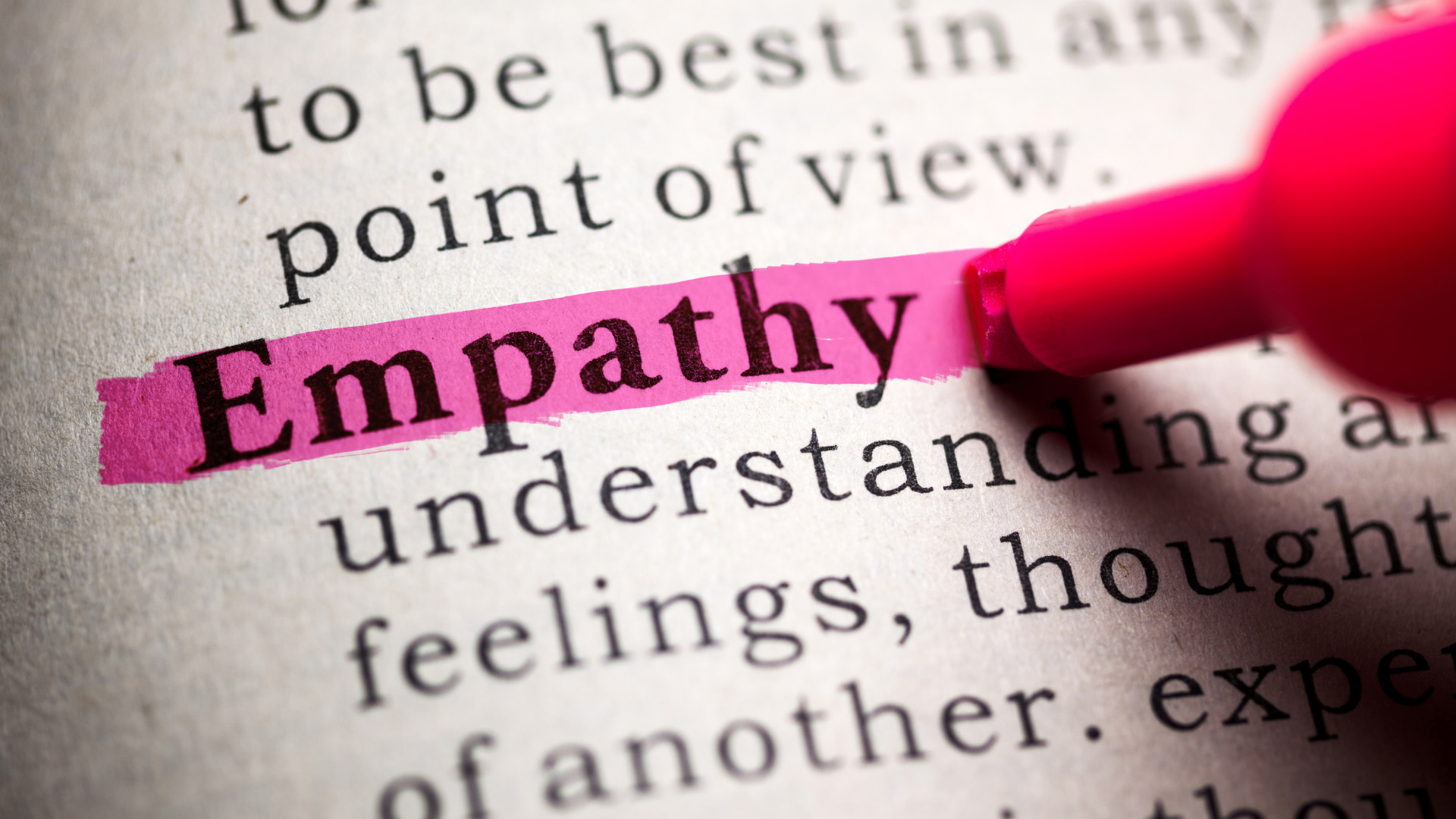
]A single human’s wants, emotional capacity, intelligence, and maturity have a whole intricate world that needs navigating. Imagine an entire civilization of us. The answers and efforts on how and who should set the moral guidelines may be difficult, but it is worth pursuing.
At REKA, we believe in developing technology not just to make things more efficient but also to serve humanity. By educating people on how rapid technology is growing and will grow, we will equip others to handle an exciting and unknown future. Check out our stories page to learn more about our projects! https://reka.re/stories/


